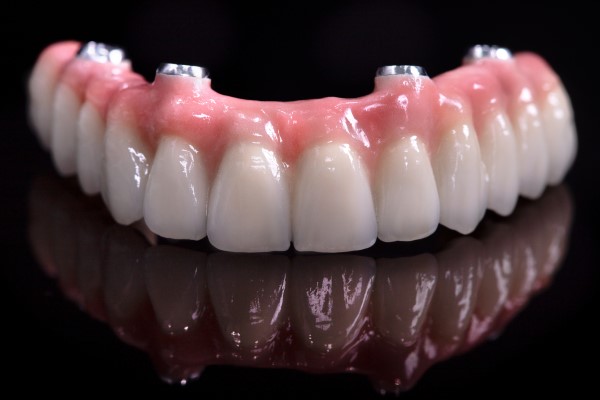Keys To Managing Your Diabetes

Lifestyle diseases are increasing. One of these diseases is diabetes. It is a serious issue across the globe. Every year, millions of people all around the world suffer from diabetes. So, it is crucial to do what it takes to treat it and lead an active and healthy life. The inability of the body to regulate the amount of glucose in the blood is known as diabetes. It happens as a result when the body’s glucose metabolism is not in the rhythm. When food is digested, glucose is released into your body to provide energy. Glucose is the main form of sugar that is found in our bodies. In parallel, the beta cells in the pancreas produce insulin. The pancreas, which is a long and thin organ of the body located behind the stomach and against the back, measures about one meter long. Insulin is the main agent responsible for the transfer of glucose to cells. This is what brings blood sugar levels back to normal. The glucose is transformed into energy within cells. If the insulin released by the pancreas doesn’t function effectively or isn’t sufficient, blood sugar levels rise.
Type-1 diabetics produce less or no insulin within their bodies. To survive and manage diabetes, they need regular insulin injections. The disease usually starts in childhood, but can be developed at any age. That usually happens prior to the age of forty. It Type-2 diabetes is often caused by weight gain or genetic predispositions. The type of diabetes described above is when the body produces normal to more than normal levels of insulin. However, certain factors can make insulin ineffective. This kind of diabetes is usually because of our sedentary lives and poor eating habits and weight gain. The majority of cases occur in older adults, but can also occur in obese teenagers too. The symptoms depend on the nature and the duration of diabetes. Increased thirst, excessive hunger, and more frequent urine production are among the most frequent signs of diabetes. Other symptoms include blurred vision, fatigue, skin infections, which could be fungal or bacteria-related, loss of weight, slower healing of wounds, genital itching, UTIs, and urinary and vaginal infections. There is also a possibility of weight loss if the insulin levels decrease.
The disease can be managed effectively, but it cannot be completely eliminated. The treatment of all types of diabetes is to ensure blood sugar control, blood pressure and cholesterol levels as close to normal as possible. You can improve your well-being and protect yourself against chronic complications if treatment in conjunction with healthy habits. The first step is working with a professional in healthcare who can help you be more aware of diabetes and the medications you require. A healthcare professional will guide you in understanding the medications and their appropriate dosage. At the same time, you’ll have to change your way of life. This is the toughest part. You cannot change your lifestyle overnight. It is necessary to make small changes to see the effects. It is important to remain conscientious because you are not able to make the changes you want to make overnight. Set realistic goals and figure out what you can accomplish. Get started eating healthy food. Take in plenty of vegetables and fruits. Reduce the number of carbs you eat. Get started exercising at least five times a week. Minimum 30 minutes of physical activity is the ideal goal for each day.
If you’re overweight, try to shed 10-20 pounds. Keep track of your blood sugar levels and also check your eyes, blood pressure, feet, and even your teeth. Be aware of what caused your blood sugar levels to rise or fall , and treat it accordingly. Have your feet, eyes, and teeth checked regularly. For thorough examinations and tests, visit your doctor frequently. Get or seek help from your family, friends and your diabetes care team. Type-2 diabetes is often linked to stress. Relaxation techniques can reduce stress. A healthy sleep pattern can affect the cure for diabetes, so be sure to get proper sleep.
As with many other illnesses and conditions, diabetes could be caused through lifestyle choices. Diabetes can be increased by eating unhealthy food that is high in sugar or other ingredients. Sugary foods, food items that are high in trans fats, chilled drinks, packed snacks, french fries, fruit juice, etc., can cause various health issues, including diabetes. Smoking can make it harder to manage blood sugar. It can also lead to eye disease, premature death, heart disease, and stroke. Alcohol may lower or increase your blood sugar levels, depending on how much you drink and if you consume food and drink at the same time. Patients who are taking insulin have to be aware that alcohol may result in lower blood sugar levels later on.
The proper management of lifestyle habits and diet can be really efficient in treating diabetes. When you combine that with regular health checkups and medication, you can effectively manage your diabetes. Small steps you make today can lead towards better health in the future.







